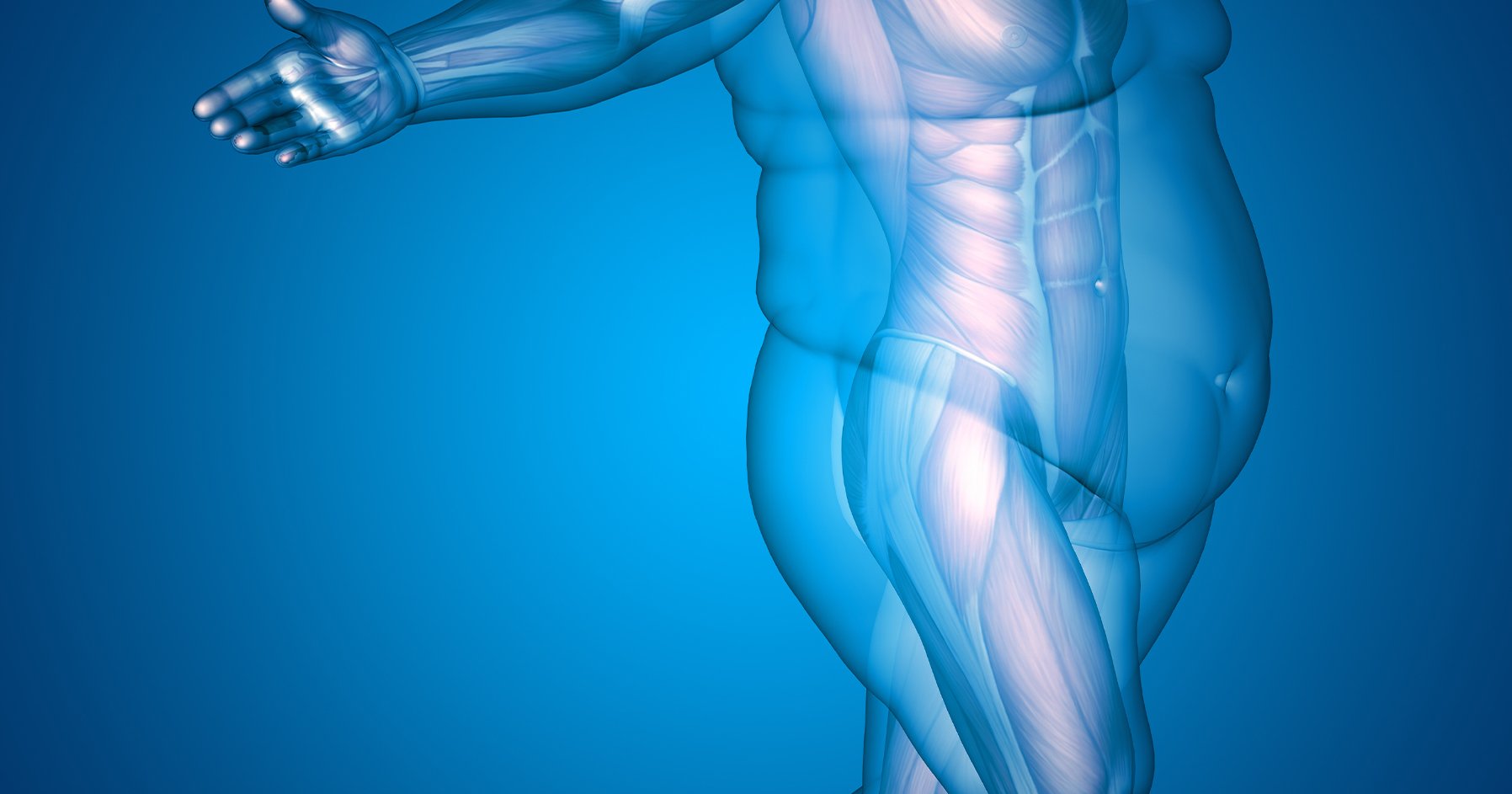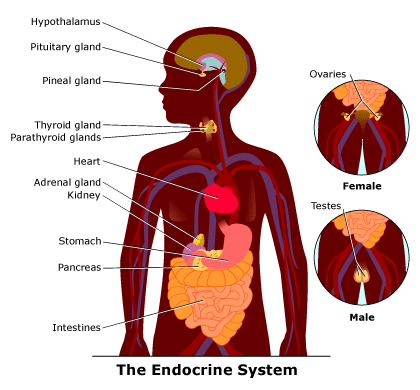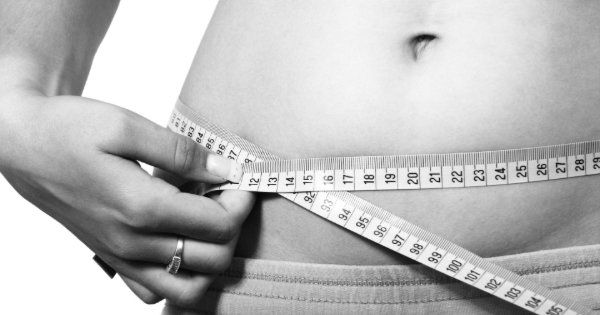"Endocrine Weight Loss"
Endocrine weight loss refers to shedding pounds by correcting hormonal imbalances. It often involves a medically supervised plan.
Understanding the role of the endocrine system in weight management is crucial. This intricate network of glands and hormones regulates your metabolism, appetite, and fat storage. An imbalance can lead to weight gain, making traditional diets ineffective. Addressing issues like thyroid dysfunction, insulin resistance, or other hormone irregularities can be the key to successful weight loss for some individuals.
A holistic approach, possibly including lifestyle changes, medication, and nutrition plans, targets these underlying conditions. Embracing endocrine weight loss means recognizing the influence hormones have on body weight and working directly with these factors to achieve optimal health and weight goals.

Credit: www.endocrine.org
The Science Of Endocrine Weight Loss
Hormones play a crucial role in managing body weight. They control hunger, metabolism, and fat storage. Metabolism is how your body changes food into energy. The balance of hormones like insulin, cortisol, and thyroid are essential for a healthy metabolism.
The endocrine system includes glands that make these hormones. If this system is not working right, it may lead to weight gain. For example, too much cortisol can make you hungry all the time. It makes losing weight hard. Also, a slow thyroid slows down metabolism. This can make the body hold onto fat instead of burning it.

Credit: us.exantediet.com
Identifying Hormonal Barriers To Weight Loss
Hormonal imbalances can often lead to challenges in shedding weight. Thyroid disorders, such as hypothyroidism, slow down metabolism, making it tough to lose pounds. Women might face polycystic ovary syndrome (PCOS), which can cause weight gain. Cushing's syndrome leads to an overproduction of cortisol, resulting in obesity.
Recognizing symptoms is key to a proper diagnosis. A slow metabolism, fatigue, and unexpected weight gain could signal a thyroid issue. PCOS may present with irregular periods and excess hair growth. Those with Cushing's might notice a rounded face and high blood sugar levels. Blood tests and medical imaging aid in confirming these conditions.
```Nutrition's Role In Hormonal Balance
Maintaining hormonal balance is vital for weight loss. Nutrition plays a key role in this process. Certain foods can positively impact the endocrine system. Examples include leafy greens, nuts, and fatty fish. These foods are rich in nutrients like omega-3 fatty acids, fiber, and antioxidants. These compounds help maintain healthy hormone levels.
Adopting specific dietary patterns is crucial for endocrine health. A Mediterranean diet is beneficial. It includes plenty of vegetables, fruits, and whole grains. Regular meals with balanced macros can also help. Eating at consistent times aids in healthy insulin levels. This supports a stable metabolic environment for weight management.
Exercise Strategies For Hormonal Weight Management
Exercise plays a key role in balancing hormones and aiding weight loss. Strength training builds muscle, which burns more calories even at rest. High-intensity interval training (HIIT) boosts metabolism and can balance insulin levels. Consistent low-impact activities like walking or yoga help reduce stress hormones such as cortisol.
Developing a hormone-friendly routine means listening to your body. Include a mix of aerobic, strength, and flexibility exercises. For personalized advice, consult a fitness professional who understands endocrine health.
| Exercise Type | Hormonal Benefit |
|---|---|
| Strength Training | Builds muscle, increases metabolism |
| HINT | Improves insulin sensitivity, boosts metabolism |
| Walking/Yoga | Lowers stress hormones |
Medical Interventions And Therapies
Medication or surgery for weight loss might be a choice after other methods fail. Your doctor will tell you if medical treatments are best for you. This usually happens when health risks are high. Obesity can cause diabetes, heart issues, and more. In such cases, surgery like bariatric surgery could be an option.
Exploring alternative treatments or supplements can also aid weight loss. It's important to talk to a doctor before trying these. Some supplements or herbs can support metabolism. Others can lower hunger feelings. Still, safety and effectiveness are always a priority. So, always choose products with scientific backing.

Credit: www.philiprabitomd.com
Success Stories And Lifestyle Changes
Weight loss can be a tough journey, but with the right support, people transform their lives. Healthy habits and daily exercise lead to incredible changes. Endocrine weight loss strategies play a huge role in these success stories. Real-life examples show what's possible.
One individual shed 30 pounds by balancing hormones and sticking to a nourishing diet. Another overcame endocrine disorders and now enjoys a more active lifestyle. Each story is a testament to dedication and educated decisions about health.
To achieve lasting results, focus on sustainable habits. Eating whole foods, getting consistent sleep, and managing stress are key. These small changes make a big impact over time.
Frequently Asked Questions On "Endocrine Weight Loss"
How Does The Endocrine System Affect Weight Loss?
The endocrine system regulates metabolism and appetite through hormones, like thyroid and insulin. An imbalance can lead to weight gain or difficulty losing weight. Properly balanced hormones are essential for effective weight loss efforts.
Can Thyroid Issues Cause Weight Loss Problems?
Yes, thyroid issues like hypothyroidism can slow metabolism, leading to weight gain or difficulty losing weight. A healthy thyroid function is critical for weight management and can often require medical intervention to regulate.
What Is The Role Of Insulin In Weight Management?
Insulin helps regulate blood sugar levels, influencing fat storage and energy use in the body. Insulin resistance can lead to weight gain and is a common challenge in weight management, often addressed through diet and exercise.
Are There Specific Diets For Hormonal Weight Loss?
Yes, diets like low-glycemic or anti-inflammatory diets can help in balancing hormones for weight loss. These diets focus on whole foods that can aid in correcting hormonal imbalances and facilitate weight loss.
Conclusion
Balancing hormones can be the key to unlocking weight loss success. Embrace the harmony between diet, exercise, and stress management for a healthier endocrine system. Commit to these changes, and watch as your body thanks you with results that last.
Remember, the journey to a balanced weight is a marathon, not a sprint. Take the first step today.

No comments